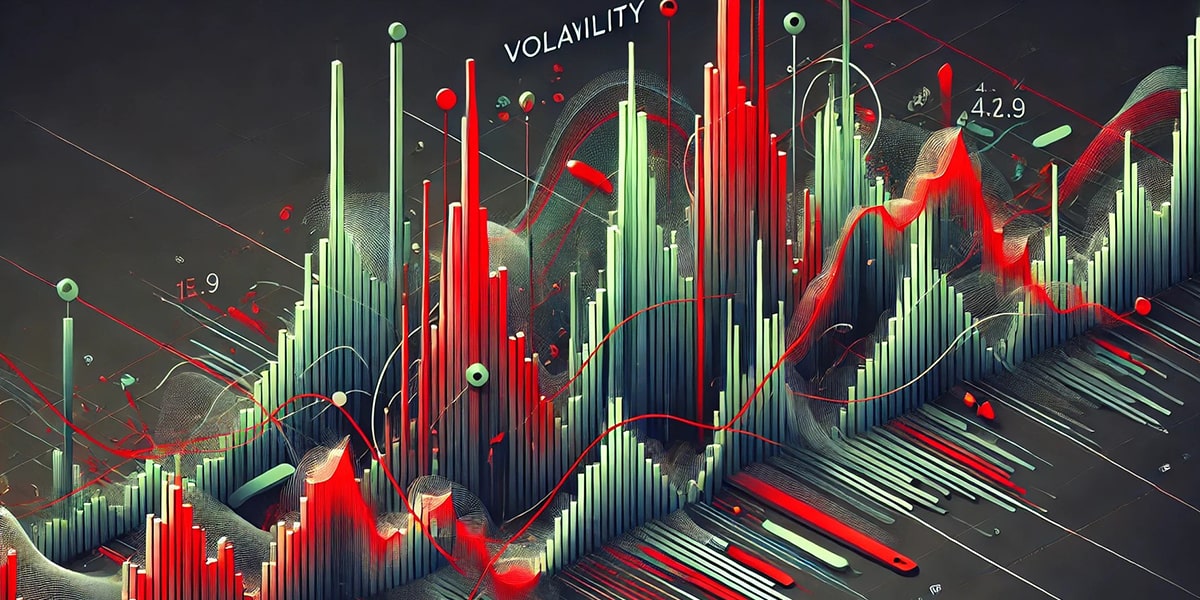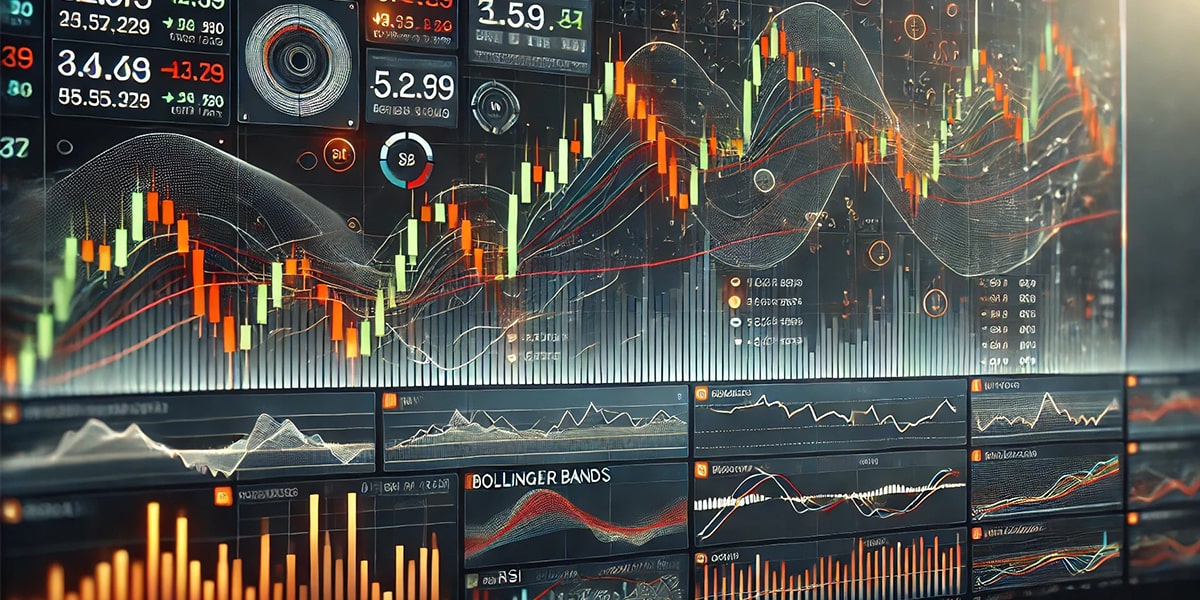18 August 2023
Volatility in Forex trading
In simple terms, volatility is a change in asset prices. Currency volatility is characterized by frequent and rapid changes in exchange rates on the foreign exchange market. The higher the volatility, the higher the probability that the price of a currency pair can change dramatically within a short period in either direction. On the contrary, low volatility means that the price changes are very slow or unchanged.
Financial markets can be quite volatile with significant price fluctuations on a monthly or even daily basis. Traders trade because of volatility because, without it, there would be no profit potential in the markets. Although this factor also increases the risks associated with trading, it can also lead to profitability if you know how to trade correctly.

What causes price fluctuations in the currency markets?
Exchange rate fluctuations are normal, and when the rate between two currencies fluctuates much more than the average, Forex investors will take note. Currency volatility can be caused by several different factors, which we will discuss in detail.
- ✦ Political and economic conditions
Economic problems, such as hyperinflation, or political unrest such as war and revolution, can have a dramatic impact on the value of a currency. Such events demonstrate how the value of a country's currency can suddenly and dramatically drop. Although rare, such events can have a devastating impact on a country's exchange rate and currency volatility.
- ✦ Demand to buy
Trading on the foreign exchange market can also affect exchange rates. Traders and investors may target a particular currency, the demand for which is growing rapidly. As a result, there is less of that currency in circulation, as market players begin to buy it en masse.
- ✦ Central bank policy
The central banks of each country play an important role in managing cash flows. By setting interest rates, they regulate the amount of money in circulation. That's why every trader follows the decisions and policies of the central bank, regardless of whether it is the European Central Bank (ECB), the Bank of England (BoE), the Bank of Japan (BoJ), or the Australian Reserve Bank (ARB).

Tips for trading volatility on the Forex market
Volatility trading is a great way to find profitable trading opportunities in the foreign exchange market. Volatile markets are always risky, so one of the most important things you can do is to have a strategy and stick to it. Apart from that, consider the following tips to take advantage of the opportunity to increase your profits.
- ✦ Use indicators
Many different indicators allow you to predict market sentiment and make a forecast about the future direction of prices. The use of charts and indicators will help you formulate your strategy and determine the ideal moment to enter a trade.
- ✦ Set a stop loss
You can provide additional protection against market volatility with stop loss orders. This tool minimizes risk during trading and becomes more important when you trade volatile currencies.
- ✦ Keep an eye on the economic calendar
Economic events and decisions can affect markets and increase their volatility. You can either stay out of the loop or keep abreast of important developments to find new trading opportunities and increase your chances of high profits. Regardless of what you prefer, it's worth monitoring and keeping track of key events that may affect your trading.
- ✦ Hold a small position size
Making a profit in volatile market conditions is no easy task. However, remember that the potential for large losses is still relevant. Keeping your position size low is a smart decision that provides more room for movement without losing money quickly.

Conclusion
Volatility has a significant impact on traders and is often a sign of fear or uncertainty before making important decisions. That is why it is one of the most crucial concepts to know when trading on the financial markets. Keep in mind all the essential factors we've discussed in this article and don't miss the opportunity to profit from currency price fluctuations.


